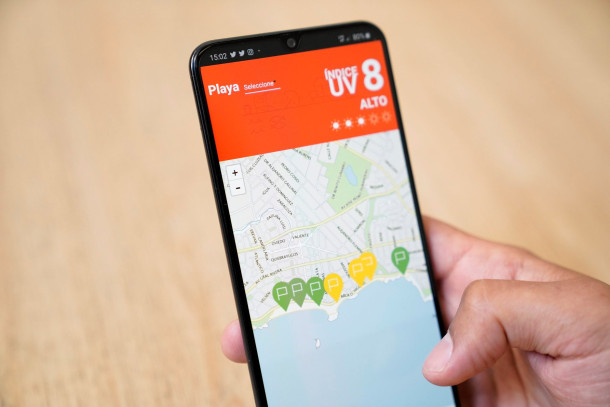
Intendencia Montevideo
What is city innovation for?
The global crisis caused by the Covid-19 pandemic has had an impact on pre-existing inequality in urban and metropolitan areas, largely worsening it even further. This critical situation has pushed local and regional governments to create tailored solutions to tackle these social and economic challenges, and to design strategies to start the recovery stage as soon as the situation has stabilised. In the process of creating responses to challenges, a common understanding has emerged at every scale: the need to foster innovation in the process of drafting policies. In order to discuss this under the framework of the Learning from Cities series, Metropolis and UNDP, in collaboration with UCLG, invited Medellín and Montevideo to share their experiences at a session held on 29 June, titled ‘Innovation in covid times’.
“What is innovation in cities, and what role do local governments play in it?”, Diana Lopez.
The kick-off question for the debate—led by moderator Diana Lopez, Partnerships Specialist, Cities and Urbanization from UNDP—was crystal clear: “What is innovation in cities, and what role do local governments play in it?”. Natalia Currea, Knowledge and innovation Director from the International Cooperation Agency in Medellín, shared how the city was involved in promoting new alliances with universities, central government and the private sector, before the current crisis, to incorporate citizen’s voices as much as possible in the decision-making process. To achieve this, a specific legal framework was created to facilitate these partnerships and implement their ideas and proposals: innovation and entrepreneurship public policy.

Currea also shared the critical importance of trust between stakeholders in order to successfully implement any innovative policy or project. It was interesting to see how the concept of trust is deeply connected to the 10 emergency governance principles identified under the framework of the Emergency Governance Initiative that Metropolis is developing together with UCLG and the London School of Economics. This brings together the importance of promoting soft values, and not only hard infrastructure, to foster innovative methodologies and tangible solutions that can be used to guarantee citizens’ quality of life.
Providing an additional perspective, Maria Eugenia Corti, director of Sustainable and Smart Development in Montevideo, explained her view of what innovation means for the city—sharing as much of the information generated by the city as possible, and creating programmes and contests so that this data can be directly used by citizens. All this created the appropriate climate in Montevideo for technological solutions to emerge that would facilitate life in the city. One of the examples of this innovation policy is Como Ir, a web and mobile solution that proposes different routes from one part of the city to another, and is updated and improved by comments and suggestions made directly by citizens and a community of beta testers.
Corti also highlighted the importance of transparency in any innovation policy. In the example case she gave, this transparency is materialised in publishing the data used by the city to design public policies in an open-data format, to act as a catalyst for technological solutions. It is also a strategy that allows for public scrutiny of city management. It was also interesting to see how this soft value is linked to the emergency governance principles mentioned above.

To wrap-up the session, Octavi de la Varga, Secretary General of Metropolis, pointed out how the pandemic has given a new meaning to certain words and concepts, adapting them to the city's needs. Some of those concepts have already been mentioned, such as trust and transparency, but others, such as the public policies detailed throughout the session, have become a new focus point for all city stakeholders (public, private and citizens) to find solutions to problems faced by citizens. However, if cities had to answer one single (although highly complex) question related to innovation, it should be: “What is innovation for?”. From this session, it was clear that one of the dimensions to the answer should focus on how innovation can ensure a healthy, inclusive and sustainable quality of life for all citizens.

